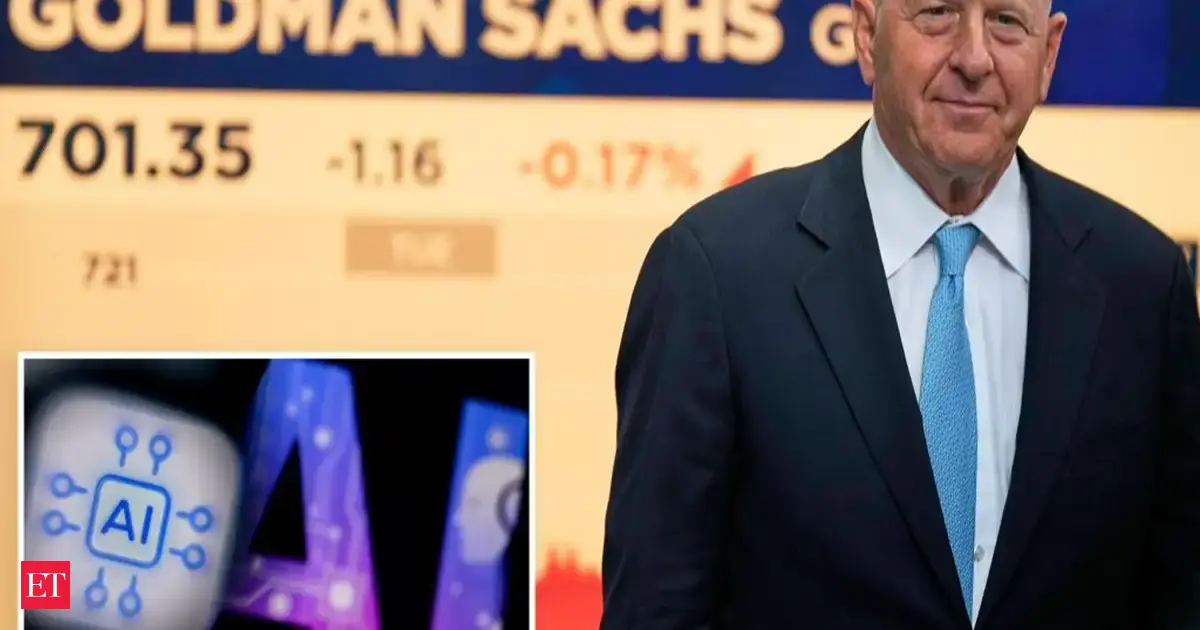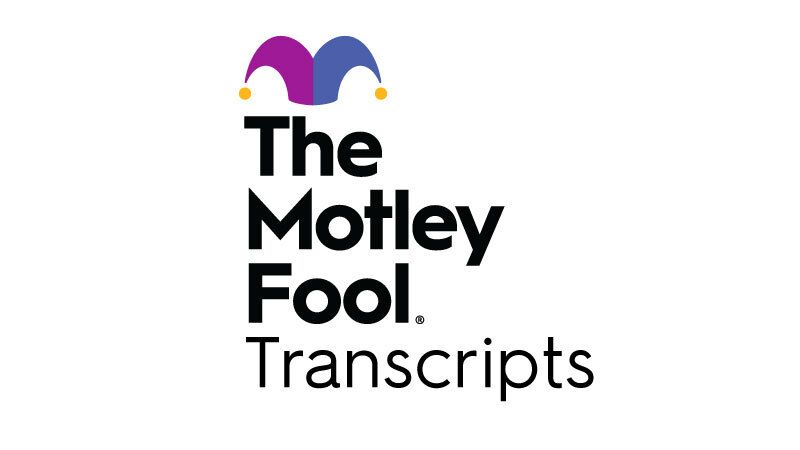Copyright indiatimes

David Solomon voiced his concerns on $38 trillion national debt problem, joining the ranks of JPMorgan CEO Jamie Dimon Goldman Sachs CEO David Solomon recently expressed his concerns that mounting US government debt will pose more of a problem if the economy does not grow faster. David Solomon voiced his concerns on $38 trillion national debt problem, joining the ranks of JPMorgan CEO Jamie Dimon, Fed chair Jerome Powell, Bridgewater Associates founder Ray Dalio, and increasingly, politicians on Capitol Hill. The US national debt recently hit $38 trillion.He said that the primary concern is not the sheer volume of debt but the worsening debt-to-GDP ratio, adding that the solution lies in accelerating economic growth which can be possible by artificial intelligence (AI) technology.ALSO READ: JPMorgan CEO Jamie Dimon's fiery response at employees’ work from home petition, says 'not making fun of Zoom but...''There will be reckoning...'“If we continue on the current course, and we don’t take the growth level up… there will be a reckoning,” Solomon told the Economic Club of Washington. Speaking at the Economic Club of Washington, D.C., the banking titan noted: “The path out is a growth path. The difference between compounding growth of 3% and 2% is monstrous in terms of dealing with this issue, so there’s a lot of discussion about running … real growth play.“I think we have some things that are going to give us a better opportunity to have a higher growth trajectory, particularly … technology, AI getting embedded into the enterprise, and the productivity opportunity from that,” he added. “But if we continue on the current course, and we don’t take the growth level up, there will be a reckoning.”Live Events“We should be concerned about this, not sounding an alarm bell,” he said. “But I do think over time, this is an issue.” “The pandemic played an accelerating role, and it doesn’t seem like we have the ability to pull it back. And so we took in the debt in the last 15 plus years, and since the financial crisis, from $7 trillion to $38 trillion.”ALSO READ: What did Erika Kirk say to JD Vance in viral hug? Lip reader decodes surprising message nobody expectedThe US economy has been in pretty good shape, minimizing chances of a recession in the near term, Solomon said. Despite concerns about the US dollar’s role weakening in the economy, he does not see its status eroding as the global reserve currency. “When you get around the world, and you look at all the capital flows around the world, global allocators, 50% of their capital is coming into the US,” he said.“They might be hedging the dollar a little bit differently now than they might have been for the last few years, but I think it’s more at the margin… it’s something to watch. But I’m not concerned that there’s some fundamental shift.”National debt doesn't have to become a crisisSolomon, who has led Goldman Sachs since 2018, added that national debt doesn’t have to become a “crisis.” “I think people are worried about … the fact that we’ve reached a point—and by the way, this is true in the United States, but it’s true in every other developed economy—where … fiscal stimulus and aggressive fiscal play is really just kind of embedded in the way these democratic economies are operating, and it’s accelerated meaningfully in the last five years,” he added.ALSO READ: 3I/ATLAS viewing in US: When and where to spot interstellar comet in America? Check date, time and other key detailsSince President Donald Trump’s return to the Oval Office, economists have noted the unusual steps his administration is taking to manage the nation’s finances. Along with boosting revenues through tariffs, Trump has proposed a “gold card” visa program that would let wealthy immigrants pay $5 million for green card benefits and a path to U.S. citizenship.In February, Trump claimed he could entirely avert a potential debt crisis through the gold card scheme. He projected that selling one million cards would yield $5 trillion, and selling ten million cards would generate a total of $50 trillion. “A million cards would be worth $5 trillion, and if you sell 10 million of the cards that’s a total of $50 trillion. Well, we have $35 trillion in debt, so that would be nice.”Since the national debt is currently $35 trillion, Solomon stated, "that would be nice." He noted he would have $15 trillion “left over” if he managed to sell 10 million cards, adding: “It may be earmarked for deficit reduction, but it actually could be more money than that.”Add as a Reliable and Trusted News Source Add Now! (You can now subscribe to our Economic Times WhatsApp channel) Read More News onUS debt $38 trillionUS national debtGoldman SachsDavid SolomonUS economyJamie Dimongoldman sachs CEOUS debt newsUS financial crisis (Catch all the Business News, Breaking News and Latest News Updates on The Economic Times.) Subscribe to The Economic Times Prime and read the ET ePaper online....moreless (You can now subscribe to our Economic Times WhatsApp channel)Read More News onUS debt $38 trillionUS national debtGoldman SachsDavid SolomonUS economyJamie Dimongoldman sachs CEOUS debt newsUS financial crisis(Catch all the Business News, Breaking News and Latest News Updates on The Economic Times.) Subscribe to The Economic Times Prime and read the ET ePaper online....moreless Explore More Stories123



